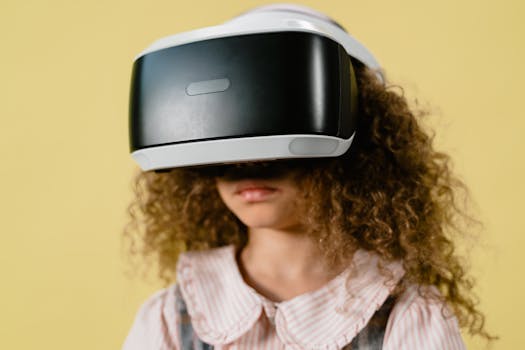Home Automation in 2025: The Smart Home Ecosystem
Home Automation in 2025 is revolutionizing the way we live in our homes. With the integration of artificial intelligence, Internet of Things (IoT), and machine learning, our homes are becoming smarter, more efficient, and more convenient. In this article, we will explore the latest advancements in home automation and how it’s transforming the way we live in our homes.
What is Home Automation?
Home automation refers to the use of technology to control and monitor various aspects of our homes, such as lighting, temperature, security, and entertainment. With the help of sensors, actuators, and microcontrollers, we can automate various tasks and make our lives easier and more comfortable.
Benefits of Home Automation
The benefits of home automation are numerous. Some of the most significant advantages include:
- Energy efficiency: Home automation helps reduce energy consumption by optimizing lighting, heating, and cooling systems.
- Convenience: Home automation makes it possible to control various aspects of our homes remotely, using our smartphones or voice assistants.
- Security: Home automation enhances home security by providing real-time monitoring and alerts in case of suspicious activity.
- Comfort: Home automation creates a comfortable living environment by adjusting temperature, lighting, and entertainment systems according to our preferences.
Smart Home Devices
There are various smart home devices available in the market, including:
- Smart thermostats: These devices learn our temperature preferences and adjust the temperature accordingly.
- Smart lighting systems: These systems allow us to control lighting remotely and adjust brightness and color according to our needs.
- Smart security cameras: These cameras provide real-time monitoring and alerts in case of suspicious activity.
- Smart speakers: These devices allow us to control various aspects of our homes using voice commands.
Artificial Intelligence in Home Automation
Artificial intelligence (AI) is playing a significant role in home automation. AI-powered devices can learn our preferences and adjust various aspects of our homes accordingly. For example, AI-powered thermostats can learn our temperature preferences and adjust the temperature accordingly.
Conclusion
In conclusion, home automation in 2025 is transforming the way we live in our homes. With the integration of artificial intelligence, IoT, and machine learning, our homes are becoming smarter, more efficient, and more convenient. As technology continues to evolve, we can expect to see even more innovative smart home devices and systems that will make our lives easier and more comfortable.






